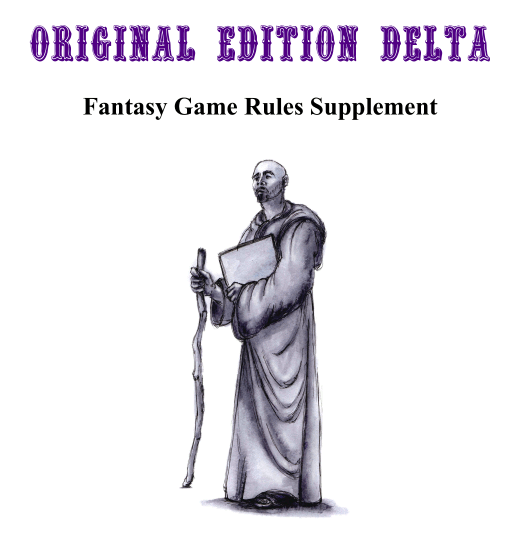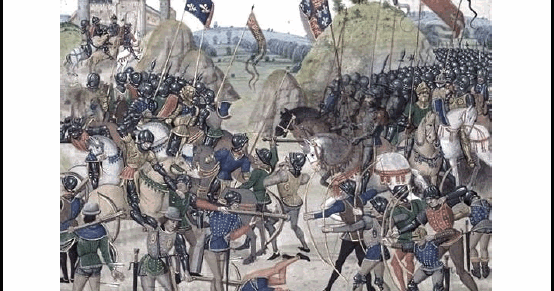I've had some success with B/X, scaling it to 1 miniature = 20 troops and using Phil Barker's
rules as the template for troop types, flanking, reaction etc. - the morale system and speed of resolution in B/X lends itself to easy adaptation. Heroes and big monsters can be represented in the main battle on a 1:1 basis using this, or the heroes' actions can be tracked concurrently with the main battle in a separate, regular 1:1 combat which then feeds back into the main conflict.
In other iterations of the game, I've winged it and have had myself and the players make sweeping, arbitrary judgements based on the mythic logic of the situation.






